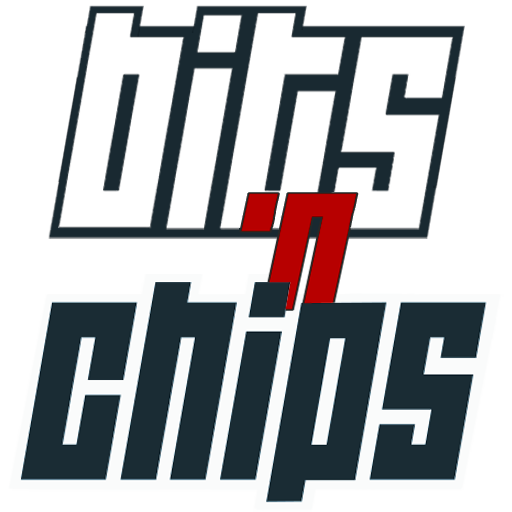D: Seiichi, why didn't Toshiba absorb OCZ rather than allowing it to sit as a standalone entity (divide and conquer approach?)
SM: OCZ is a company who has built up capabilities in R&D, manufacturing, marketing and sales of SSD products with strengths in each area. This is the backbone of the strong OCZ brand known today in the SSD space. It was important for us to keep the team and their capabilities intact while identifying areas where improvements can be made with the integration with Toshiba.
D:What were the primary motivations for acquiring OCZ? Was there a focus on bringing in the talent or the technology?
SM: Our motivations had been driven by our interest in acquiring the unique talents and technology which has created the OCZ business. The company, under talented management, functions as an efficient team to develop, manufacture and sell leading edge SSD products. We wanted to combine this team into our leading NAND business team for the benefit of both teams.
D: How are you making sure that there's no overlap between the two brands especially as both address consumer and enterprise SSDs?
SM: The SSD business of OCZ is very supplemental to Toshiba in both product lines and the channels in which the products are delivered to the end customer, with only a small overlap currently. We are taking steps to further reduce the overlap for future development to better improve our efficiency to meet market needs.
D: Where do you see the consumer and business SSD markets heading over the next few years? The same trajectory as HDDs with consolidations and bankruptcies?
SM: Unlike HDDs, due to the nature of NAND Flash, solid-state storage systems have very little limitations in form factors as well as opening up possibilities for system architecture. Aside from USB memory, memory cards, smart phones and tablets, the vast majority of systems are still limited by the legacy design and architecture which had used HDD as the primary storage for years. SSD is also one such form factor. Many companies have started to address these issues and I expect many more will follow. I believe OCZ's experience in leading the initial phase of SSD market creation will be valuable for us to address these moves in the market going forward.
D: Can you tell us anything else about what is coming down the roadmap? What can customers on both sides, client and enterprise, expect over the next twelve months?
RS: The client news will be the launch of a TLC drive, and for enterprise we will be releasing a series of new PCIe drives. You will also see Gen 3 NVME based drives in a 2.5 inch, M.2 and edge card form factors.
D: The competition has had a lot of success with TLC based SSDs for the value market, can we expect to see a TLC drive from OCZ in the near future?
RS: Yes, and it can't happen fast enough. This is a drive we have partnered with the Toshiba Client SSD group and expect to release in the coming months. While it will not play directly into our performance oriented strategy, it does round out our client portfolio. This is something that is important to our channel partners as it drives further volume.
